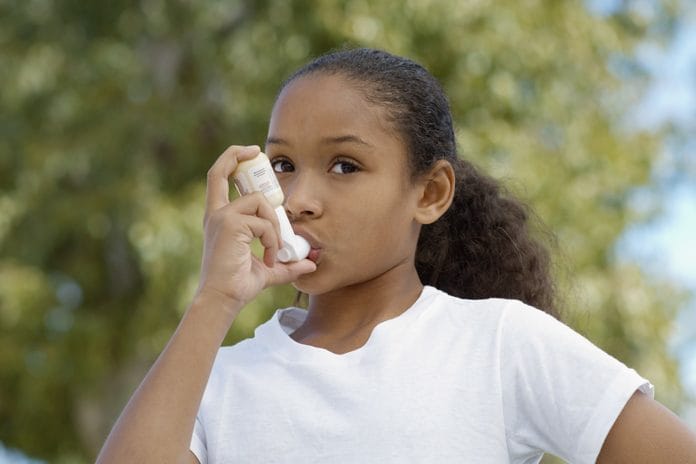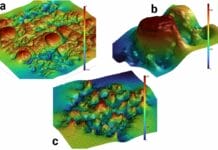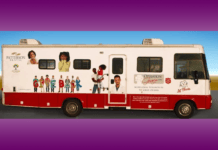Asthma is a chronic inflammatory condition that affects the lungs, and many children have it. Their medication comes in the form of an inhalant that may be damaging to the teeth and gingiva. Doctors and dental professionals mostly agree that these inhalers can cause damage, and children should be asked to rinse their mouths out after taking the medication, but studies are sparse and contradictory.
Objectives and Variables
The objective that Victor Chumpitaz-Cerrate, Ph.D., Jose A. Bellido-Meza, DDS., et al. hope to determine in their original study, Impact Of Inhaler Use On Dental Caries In Asthma Pediatrics Patients: A Case-Control Study, is whether children who use inhalers have an increased amount of dental caries compared to that of the non-asthmatic child.
Chumpitaz-Cerrate and his fellow researchers chose to study the patients at a dental facility in Lima, Peru called The School of Health and Sciences, Laboratory of Pharmacology at Universidad Cientifica del Sur. The children they studied fell into one of two groups, those who used inhalers and those who didn’t, with all other variables, such as socioeconomic status, dental hygiene record, and general health status, remaining static and as equal as possible.
The Logical Conclusion
According to the World Health Organization, dental caries affects ninety percent of all children in the United States, Latin American countries, and in Asian countries. Bronchial Asthma affects between ten to fifteen percent of the pediatric population. The medications inhaled by the patient alters the makeup of their saliva, both in quality and quantity.
Asthma inhalants contain a sugar compound. What isn’t inhaled sits on dry and vulnerable teeth. Saliva is no longer there to wash the teeth until you can brush them, and so, logic dictates that this would cause an increase in caries, much like bread and candy are known to do.
So, the question is, who is closer to the truth, the researchers who say that the medications do not affect the prevalence of pediatric dental caries or those who say that they do?
Patients Are Test Subjects
Pediatric patients aged anywhere from age three to thirteen were observed between 2014 and 2015. Data was then compiled and analyzed for this case-control study.
None of the chosen patients were under orthodontic treatment, and the children with asthma who were chosen had at least been on their medication consistently for a year. Each child was in good health and had at least a fair level of dental hygiene, relative to other children their age. This was tested using the O’Leary Index.
Each asthmatic child was paired up with a healthier child of the same age, sex, socioeconomic background, and oral hygiene level. They attended appointments together at the same time and were checked by the same doctors and hygienists. Each visit and check-up followed guidelines set up by the World Health Organization.
Results
One hundred and eighty-four patients were involved with this study from the beginning until the end. There were ninety-two children in each group. The asthmatic patients used the two most popular and common medications available on the market.
A direct relationship between the number of dental caries and the length of time the child used an inhalant medicine was observed. The children who used the medication over two years had more caries than the children who had only been on the medication a year and the children who were not on the medication. This directly suggests that the longer a person is on this medication, the more cavities they may get.
No difference was observed in the number of caries between the healthier children and the children who had only been using the inhaler for a year or so. Therefore, the age of the child and the duration of the medical treatment seemed to be directly related to a noticeable increase. It was discovered that a child using an inhaler for over two years was six times more likely to develop more caries than their peers.
Basically, the longer the child used the medication, the more probable that they would develop more than the usual amount of dental caries than the average child of their age. At the same time, the use of the medication, in general, does not increase the number of caries in pediatric patients.
Advice for Dental Professionals
Many patients that you see will have asthma. Whether they are children or adults that are on an inhalant medication, they need to be reminded to drink a lot of water and to rinse their mouths out after using the inhaler.
You may come across many younger and older adults who suffer from asthma but were never given instructions on how the medication affected their mouths. It’s not too late to discuss preventative measures, even though they have probably been using the medication for decades by now.
It is essential to remind pediatric asthmatic patients to drink plenty of water. Many kids respond well to requests when you explain the ‘why’ behind it. The truth is that they need to see how something benefits them before they do it. Less dental visits, pain, and a brighter smile may just be enough to convince them to double down on their dental hygiene and preventative care.










